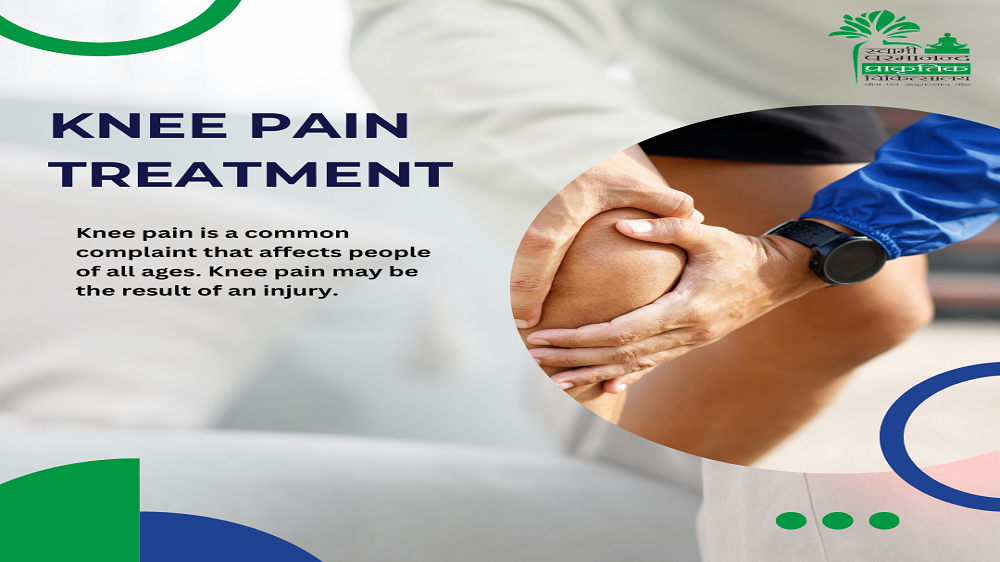
admin
08-07-2024
Knee Pain: What Is It?
Most people will at some point in their lives suffer from knee discomfort, which is a common joint ailment. For many, the pain is little. Many others, however, may find it to be extremely acute, limiting their regular activities. In any scenario, it is very important to take care of the pain and discomfort as it may become a chronic illness if ignored.
What Factors Lead to Knee Pain?
Since the knees are a very delicate area of the body, there are several potential causes of persistent knee discomfort. The following are a few of the most typical reasons of knee pain:
- Accidents
- Obesity or being overweight
- Insufficient flexibility or strength in the muscles
- Degradation of cartilage or bone
- Fractures of the knee bones
- Kneecap dislocation in sports
- Loosened cartilage
- The fluid that cushions the knee joint, the bursae, may become inflamed as a result of certain traumas.
- One or more tendons’ irritation and inflammation (tissues that link muscles to bones)
- Discomfort in the hips or feet; A changed gait brought on either foot or hip discomfort may strain the knee joint.
- A disorder characterized by muscle imbalance, tension, and abnormal leg alignment is called patellofemoral pain syndrome.
- Arthritis comes in several different forms. The following kinds can have an impact on the knee joint:
- Arthritis in the bones
- The arthritis rheumatoid
- Septic arthritis and gout
- Irregular eating patterns
What Signs and Symptoms Are Present in Knee Pain?
Severe or ongoing pain is a clear indicator. Other indications and symptoms of knee pain can differ according on the condition and include:
- Discomfort when walking, bending, or straightening your knee
- Swelling or inflammation
- Unpredictability
- A popping sound made when bending or straightening the knee
- unable to fully extend or straighten your knee
- Rigidity
- Unable to support your own weight on your knee
- Anomaly
Which at-home treatments for knee pain work best?
Many efficient Ayurvedic knee pain treatment in Delhi and Ayurvedic medications are available from Ayurveda to help manage and control knee pain. They are listed in the following order:
- Eat the seeds of fenugreek. It has a warming quality and helps relieve joint pain.
- Use heated oil to gently massage the joint to promote blood flow, reduce inflammation, and soothe tense muscles.
- Eat a diet rich in spinach, root vegetables, ghee, juicy fruits, and grains to balance your vata.
- Strong anti-inflammatory and anti-arthritic qualities found in garlic and turmeric can significantly reduce joint pain and arthritis symptoms.
- When at all possible, stay away from cold food, cold beverages, cold water, cold weather, and cold air. Eat freshly prepared, warm food.
Categories
- Categories
- Blogs (118)
